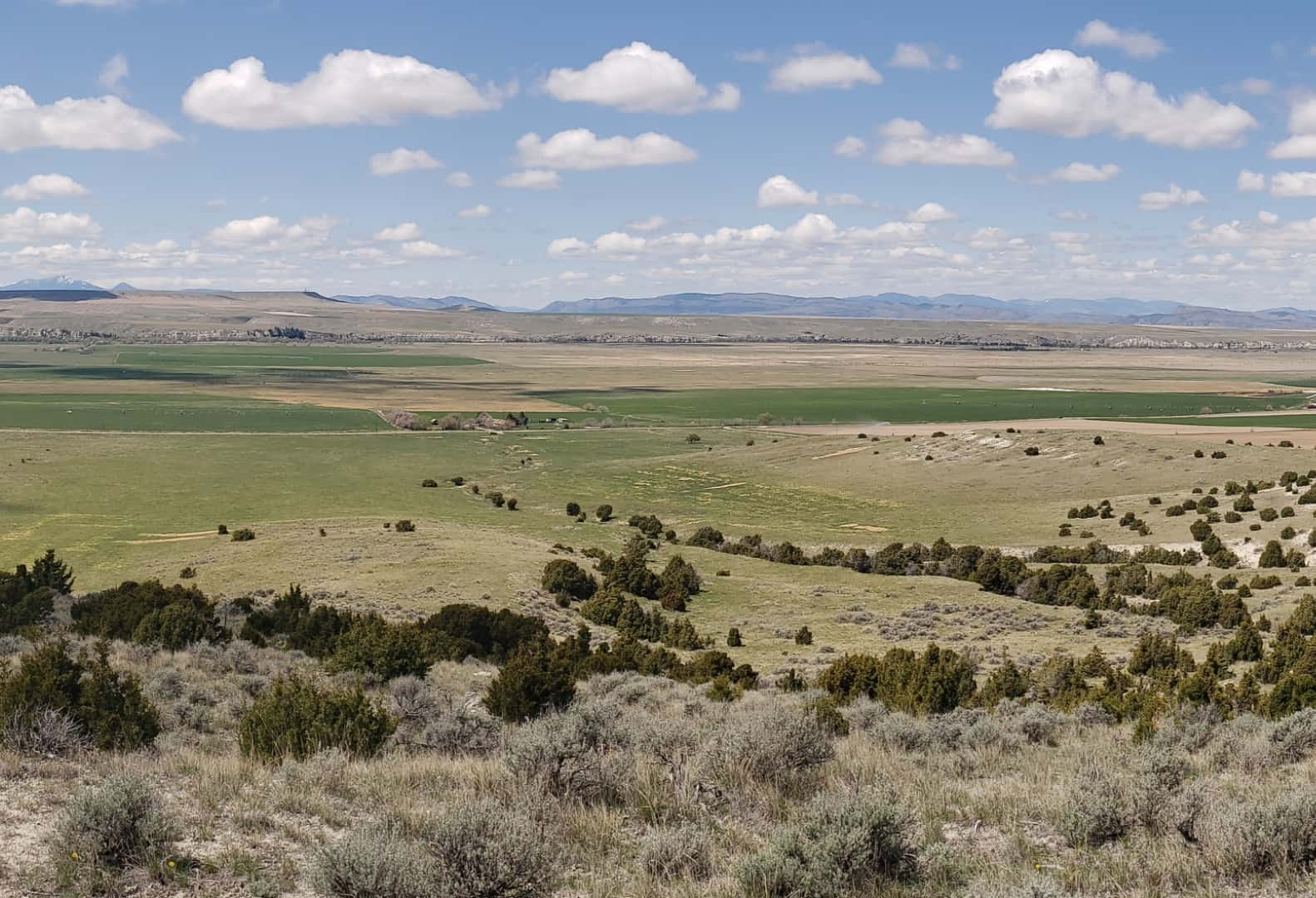The Montana Farm Bureau Federation (MFBF) applauds the Bureau of Land Management’s proposal to rescind the 2024 Conservation and Landscape Health Rule, also known as the 2024 BLM Public Lands Rule, which threatened the future of ranching in the U.S. by destabilizing a decades-old tradition of grazing on federal lands. The Rule allowed conservation leases on public lands, making them equal to grazing, recreation and energy production.
In July 2023, MFBF submitted comments to the Bureau of Land Management expressing their concerns that the Public Lands Rule was being developed with minimal input from the people who know the land best—area ranchers. MFBF explained that grazing on public lands, as governed by the Taylor Grazing Act, was a part of generational family businesses, with BLM allotments being passed down through multiple generations.
“We are disappointed that despite longstanding relationships between the BLM and individual grazing permittees, the BLM gave no indication that the agency was contemplating or developing the proposed rule,” MFBF told the agency. “Furthermore, it is difficult to fathom how “conservation” can be a “use,” when conservation by its very nature in the broader understanding of the word is an outcome, not a “use” in the same sense as something like grazing or recreation. In the ranching world, grazing is done with conservation in mind but the grazing is the use; leaving the range healthy for the next season is the conservation outcome.”
The September 10, 2025, announcement to roll back the 2024 Public Land Rule was met with enthusiasm by MFBF leaders.
“It is refreshing that new administrators at the Department of the Interior are taking the concerns seriously of those whose livelihoods are affected,” said Gary Heibertshausen, MFBF past vice president who serves on the American Farm Bureau Federal Lands Committee. “This change in policy and attitude is very significant from the standpoint that somebody in the government agency is finally listening.”
“Leasing the land to people who would let it sit idle would lead to increased wildfire hazards and invasive species,” added Heibertshausen. “By rescinding that rule, land leases can now be returned to the responsibilities outlined in the Taylor Grazing Act. This means the leases will get the back into the rightful hands of people who have had respect for the land for years and who support the economies of their agricultural communities.”
The sheep rancher concluded, “Everyone who leases federal lands is happy by winning this long-fought battle. We are hopeful that this is the first of many wins that give control back to the people who understand the land and management it accordingly.”
###
Montana Farm Bureau Federation


